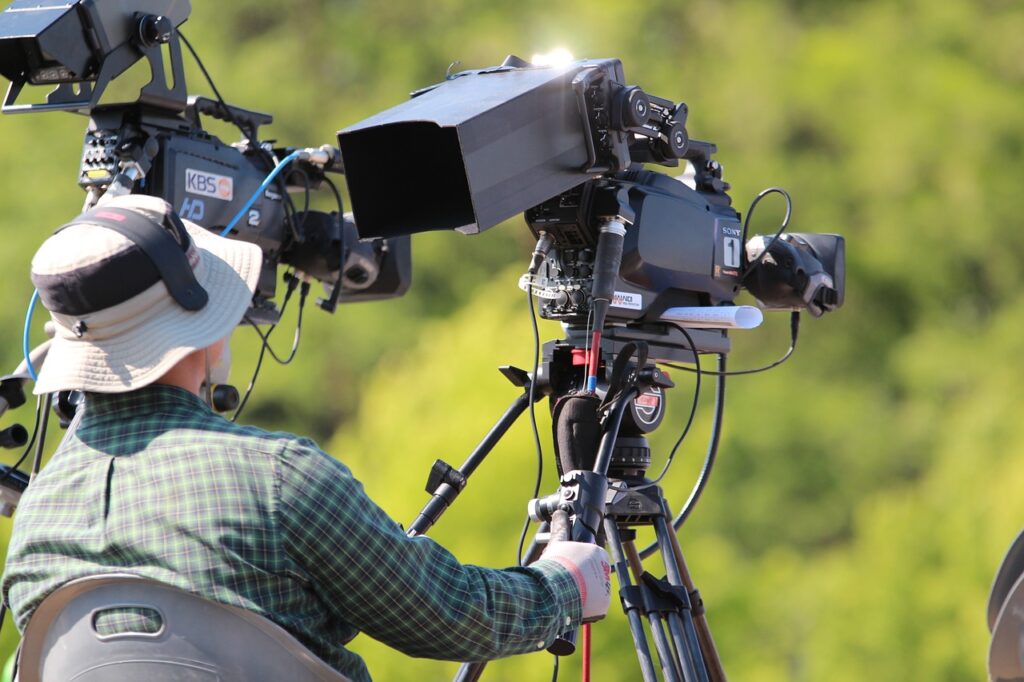How Intellectual Property Rights Safeguard Filmmakers
Copyright Protection
Copyright protection is the cornerstone of creative ownership. It grants filmmakers exclusive rights to their original works, including scripts, films, and even soundtracks. This legal shield prevents others from using or reproducing their creations without permission. Once a film is completed, copyright automatically kicks in. Filmmakers can register their work with relevant authorities for added security and evidence of ownership. This step may seem minor but can greatly enhance legal standing should disputes arise. Infringement can lead to serious consequences for violators, allowing creators to seek damages and enforce their rights effectively. It is known that many people do reviews of movies. The antwone fisher review is a good example of how people can express their thoughts and opinions on a film without infringing on copyright.
Trademark Protection
Trademark protection plays a vital role in the film industry. It helps filmmakers secure their brand identity, ensuring that titles, logos, and other distinctive elements are uniquely theirs. This legal safeguard prevents others from using similar names or symbols that could confuse audiences. When a filmmaker registers a trademark, they not only enhance their brand but also build trust with viewers. A recognizable trademark can make all the difference in an oversaturated market. It signals authenticity and quality. Moreover, trademarks offer long-term benefits.

Patents for Innovations
Patents are essential for filmmakers who innovate in technology or processes. When a filmmaker develops new equipment, special effects techniques, or software that enhances storytelling, securing a patent can protect these innovations. This legal protection prevents others from using the invention without permission. It empowers creators to maintain control over their unique ideas and encourages further innovation within the industry. The process of obtaining a patent may be complex but is worthwhile. Filmmakers must clearly outline how their invention functions and demonstrate its uniqueness compared to existing solutions. Once granted, patents can provide significant value beyond just protection; they enable filmmakers to explore licensing opportunities or partnerships with tech companies looking to incorporate cutting-edge tools into their projects.
Contracts and Licensing Agreements
Contracts and licensing agreements are essential tools for filmmakers. They establish clear terms between parties involved in a project. This clarity helps avoid misunderstandings down the line. These agreements can cover various aspects, such as distribution rights, profit-sharing, and creative control. By defining each party’s responsibilities, filmmakers can work with confidence. Licensing agreements also allow filmmakers to monetize their work effectively. When they license their films or characters to others, it opens up new revenue streams while maintaining ownership of the original content. Intellectual property rights play a crucial role in the filmmaking industry. They provide filmmakers with the necessary tools to protect their creative works and innovations. Copyright protection ensures that original films, scripts, and soundtracks are safeguarded from unauthorized use. This legal framework allows creators to profit from their hard work without fear of piracy. The landscape of filmmaking is ever-evolving, and understanding intellectual property rights is vital for success. By leveraging these protections effectively, filmmakers can focus on what they do best: creating captivating stories that resonate with audiences worldwide.
…
